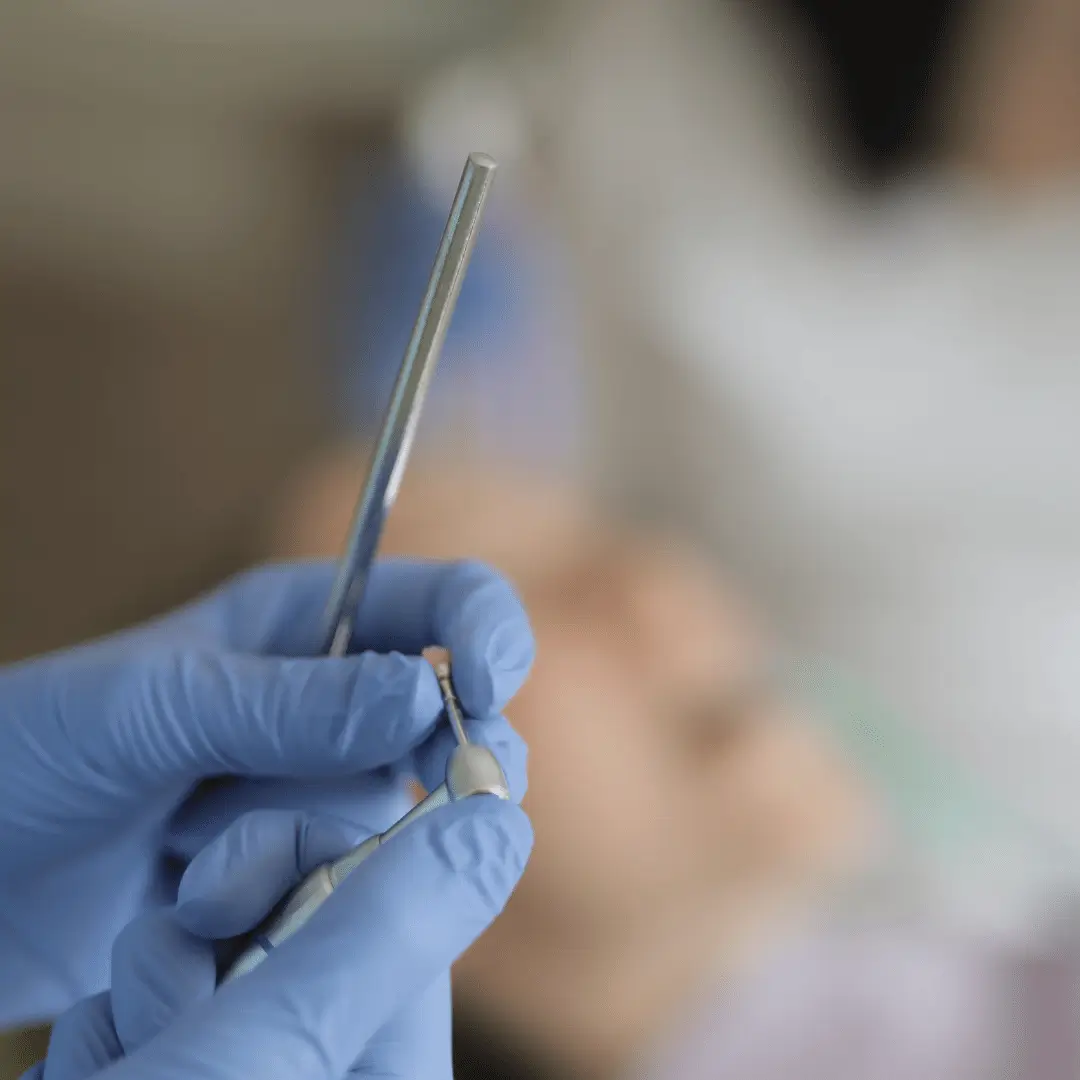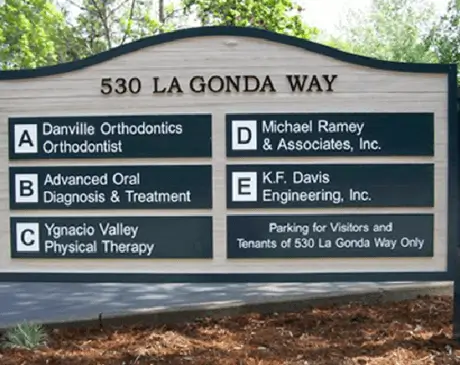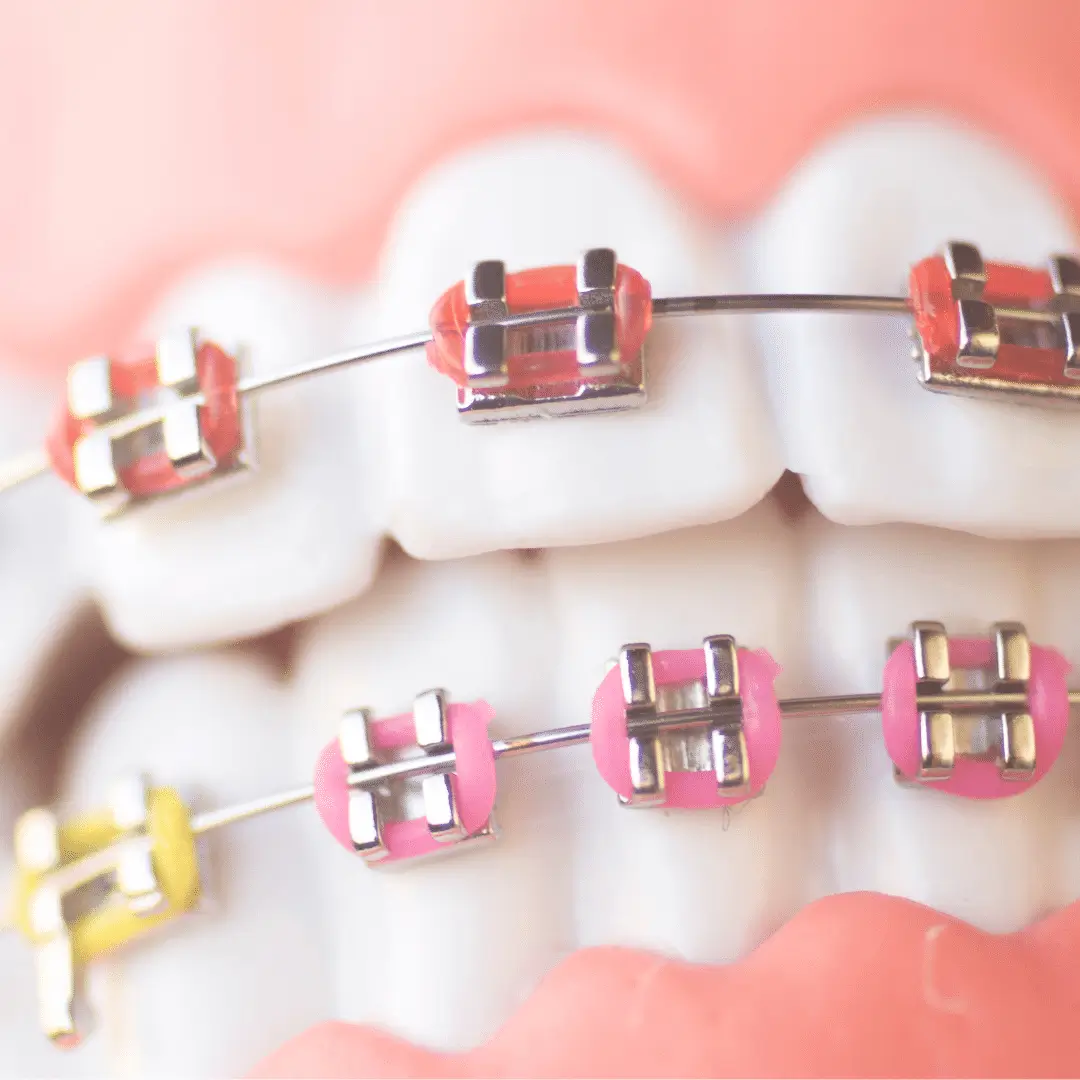Surgical Orthodontic Treatments at Danville Orthodontics
At Danville Orthodontics, we offer comprehensive solutions that cater to all your orthodontic needs, including complex cases that require surgical orthodontics. Led by Dr. Hoss Abar, our skilled team is committed to providing each patient with customized care that enhances your smile and improves overall facial functionality and aesthetics.
Also known as orthognathic surgery, this specialized service combines advanced orthodontic treatment with surgical interventions to correct severe jaw and teeth misalignments that cannot be resolved with braces alone.
Explore how surgical orthodontics can transform your smile and contribute to a healthier, more confident you.
Surgical Orthodontics Explained
Surgical orthodontics is a specialized branch of dentistry focused on treating severe jaw bone issues and misaligned bites that braces can’t fix. This treatment requires teamwork between an orthodontist and an oral and maxillofacial surgeon.
Generally, it involves a phase of orthodontic work to position the teeth correctly before the surgery, followed by additional treatment to maintain the teeth in their new, proper placement. This surgery enhances the patient’s ability to chew, speak, and breathe and improves facial symmetry and appearance.
How does Surgical Orthodontics Work?
Here’s a simplified breakdown of the process and what patients can expect:
- Preparation with Braces
The initial phase involves orthodontic treatment, typically using braces, to prepare for the upcoming orthodontic jaw realignment. This step is essential as it aligns the teeth in place before implementing surgical treatment options.
- The Surgery
Orthognathic surgery, carried out by our surgical orthodontic specialists, involves precise modifications to the jawbones. It is not just a cosmetic procedure but a functional necessity for those with significant dental and skeletal inconsistencies.
- Fine-Tuning
Following the surgery, we refine the alignment with braces or other orthodontic devices, ensuring the teeth and jaw remain in their new, optimal positions.
The Process
- Planning and Evaluation: Utilizing cutting-edge imaging technology, Dr. Abar and his team plan each corrective jaw surgery precisely, tailored to each patient’s unique anatomical structure.
- Team Effort: The orthodontist prepares the teeth for surgery and finishes the alignment after the surgical adjustments, while the surgeon focuses on the modifications to the jawbone.
- Execution: All of our surgical orthodontic procedures occur in a hospital setting on the day of the surgery. Depending on the case’s complexity, the procedure may take several hours. The surgeon uses specialized techniques to minimize visible scarring and to achieve the best functional and aesthetic results.
Recovery and Aftercare
- Immediate Aftercare: Recovery from jaw surgery begins right after the operation, with our team closely monitoring the initial healing process and managing any discomfort.
- Regular Check-ups: Postoperative visits are critical to assess healing and make necessary adjustments, ensuring a smooth transition to the final phases of treatment.
- Final Adjustments: After significant healing, we may make final tweaks to perfect the dental alignment, maximizing the outcomes of our surgical treatment options.
Conditions Treated with Surgical Orthodontics
Danville Orthodontics offers surgical orthodontics, also known as orthognathic surgery, to treat many conditions that traditional braces can’t fix. This type of treatment is ideal for more complex dental and jaw issues. Here’s a breakdown of what conditions surgical orthodontics can help with:
- Severe Misalignment of Teeth (Malocclusion): If your upper and lower teeth don’t line up correctly, it can cause difficulties with eating and speaking. Surgical orthodontics can realign the jaws to ensure the teeth meet correctly.
- Inconsistencies in Jaw Growth: Sometimes, one part of the jaw grows more than the other, leading to an imbalance in how the jaws line up. Surgery can correct these growth abnormalities to improve function and appearance.
- Facial Asymmetry: If your face appears unbalanced because of uneven jaw growth, surgical orthodontics can help achieve a more symmetrical facial structure.
- Birth Defects and Genetic Conditions: Conditions like cleft palate or specific syndromes that affect jaw development might require surgical interventions to correct jaw positioning.
- Injuries to the Face and Jaw: Accidents that cause damage to the jaws can be corrected with surgery to restore both function and the look of your face.
- TMJ Disorders: For severe cases of TMJ (temporomandibular joint) disorders that involve jaw joint dysfunction, surgery might be necessary to relieve pain and restore normal jaw movement.
We recommend surgical orthodontics only when less invasive treatments are not enough. This approach aims to improve your bite and oral function and enhance your overall facial look, which can boost confidence and quality of life.
Who Benefits from Surgical Orthodontics?
Patients with Severe Misalignment: Individuals facing significant functional impairments due to misaligned jaws are ideal candidates for this treatment.
Mature Jaw Structure: We recommend surgical orthodontics to patients with complete jaw growth, generally in late adolescence or early adulthood.
Healthy Individuals: Optimal recovery and results from jaw correction procedures require good overall health, a key criterion for potential candidates.
Experience the transformation that surgical orthodontics can bring at Danville Orthodontics. Here, it’s not just about adjusting teeth; it’s about enhancing your quality of life. Discover the functional improvements and boost in self-assurance that our specialized treatments provide.
Embrace the journey with Dr. Abar and his dedicated team, who take pride in crafting personalized care plans to meet your unique aesthetic and practical needs. Begin your path to a brighter smile and a better tomorrow—contact us today to schedule your consultation.
Services

Orthodontics Emergency
When you or your child encounter an urgent orthodontic need, having a specialist you know and trust can make a world of difference in the outcome.

Gummy Smile
Do you feel like your smile shows an excessive level of gum tissue? A gummy smile is a common complaint among the men and women who seek the services of Hoss Abar, DDS, MSD, at Danville Orthodontics in Danville, California.

TMJ Specialist
Your jawbone and the joints that connect it to your skull play numerous roles in your daily life, even though you might not think about this part of your body until something goes wrong.

Braces
If you’re hoping for a straighter smile, braces offer a time-honored solution with some really exciting, innovative updates. At Danville Orthodontics in Danville, California.

Retainers
Once your orthodontic treatment is complete, retainers are your tool to ensure those results last. At Danville Orthodontics in Danville, California, Hoss Abar, DDS, MSD, creates retainers that you or your child will wear to preserve that gorgeous smile.

Adult Orthodontics
If you think that braces are just for kids and that you can’t correct your alignment issues as an adult, you owe it to yourself to meet with Hoss Abar, DDS, MSD, of Danville Orthodontics in Danville, California.

Invisalign
If you’re hoping for a straighter smile but aren’t looking forward to more than a year of a metallic grin, Invisalign is an option worth considering. General and cosmetic dentist Hoss Abar, DDS, MSD at Danville Orthodontics in Danville.

Surgical Orthodontics
If you have orthodontic needs that cannot be corrected with braces or other devices, surgical orthodontics might be your best option.
